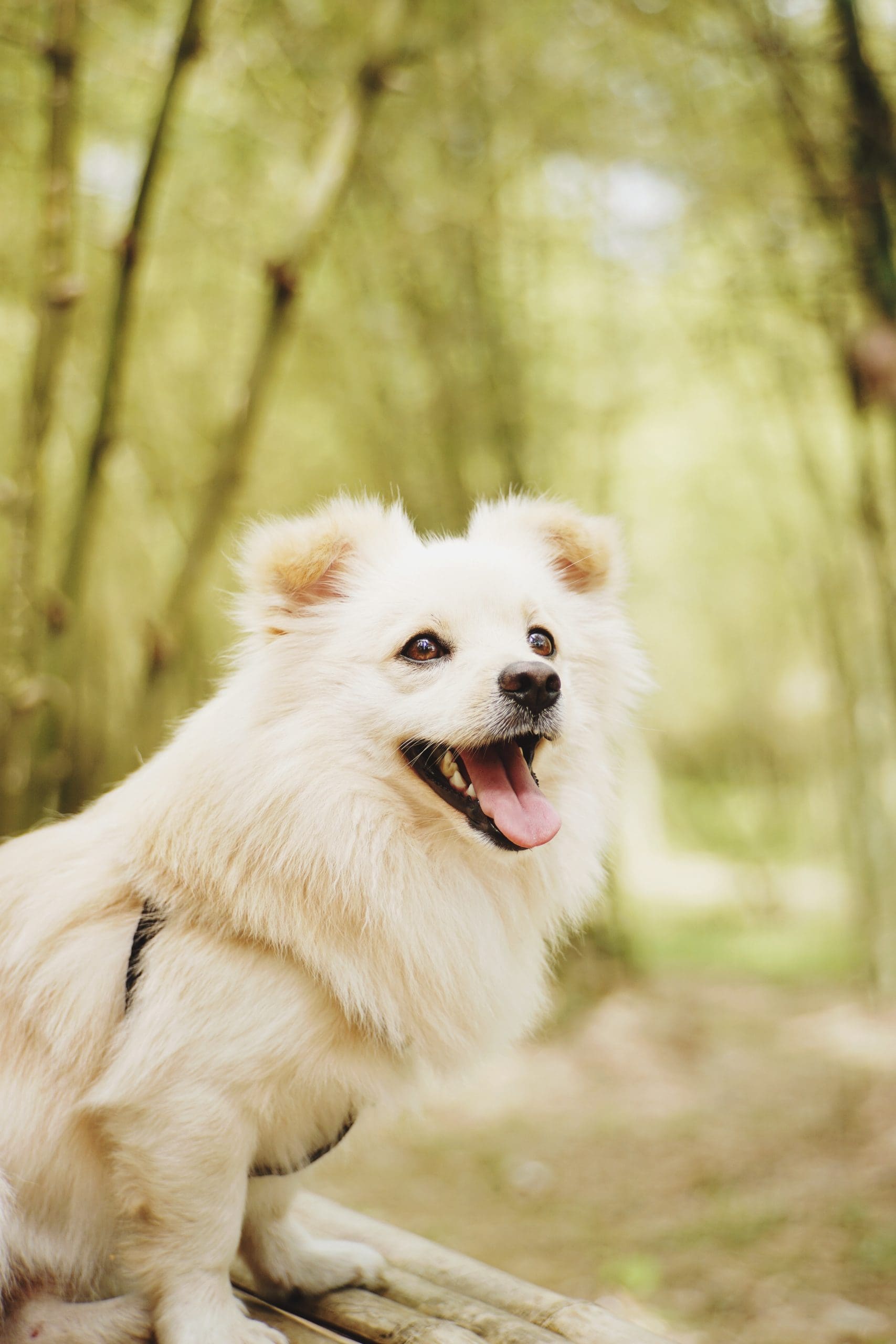Bringing a puppy into your home is an exhilarating experience, filled with joy and new responsibilities. One common question new puppy owners often have is how frequently puppies need to relieve themselves. Recognizing your puppy’s bathroom habits is vital for ensuring their health and overall well-being. While it seems straightforward, several factors influence how often puppies poop, and being aware of these can help you better manage their needs.
Frequency of Puppy Pooping
Puppies have small, developing digestive systems, resulting in different bathroom habits compared to adult dogs. On average, puppies may relieve themselves three to five times a day. Some puppies may go even more frequently, particularly while adjusting to a new diet or routine. Various factors, including age, size, diet, and health, contribute to this frequency.
Age Matters
Age is a significant factor in determining how often a puppy should poop. Very young puppies, particularly those under four months old, often have faster metabolisms, leading to more frequent bathroom breaks. As they mature, their digestive systems become more efficient, and bowel movements typically decrease. By adulthood, many dogs will poop one to three times a day, depending on individual needs.
Size and Its Impact
The size of your puppy also influences their bathroom habits. Larger breeds may require more food and, consequently, have larger poop volumes. Smaller breeds might have smaller bowels and less frequent bathroom needs. Each puppy is unique, so monitoring their habits will help you understand what is normal for them.
Diet Influences Frequency
Diet plays a critical role in how often puppies poop. A balanced, nutrient-rich diet is essential for supporting their growth and development. Changes in food or the introduction of new treats can lead to adjustments in bathroom habits. High-quality puppy food, specially formulated for their nutritional needs, is crucial. Be cautious with human food, as it can disrupt their digestive system.
The Importance of Health
Health is paramount when considering a puppy’s bathroom habits. Regular veterinary check-ups are essential for monitoring overall health. Symptoms like diarrhea, constipation, or significant changes in stool frequency can indicate underlying health issues. If you observe drastic changes, consulting a veterinarian is crucial for addressing potential problems.
Hydration and Bowel Movements
Hydration significantly affects digestion and regular bowel movements. Puppies should always have access to fresh water. Insufficient water intake can lead to dehydration and constipation, while excessive drinking may result in more frequent bathroom trips. Keeping an eye on hydration levels is as important as monitoring their food intake.
Establishing a Routine
Puppies thrive on routine, and creating a consistent potty schedule helps them understand when it’s time to go outside. Taking your puppy out after meals, upon waking, and after playtime encourages good habits. As they become accustomed to the schedule, predicting their needs becomes easier.
Monitoring Individual Patterns
Every puppy is unique; some may have regular schedules, while others may be more unpredictable. Observing your puppy’s habits in the initial months helps establish what is normal. Keeping a record of bathroom habits, including the times they go out and stool consistency, can be beneficial for your veterinarian if any concerns arise.
Changes Over Time
As puppies grow, their bathroom habits will evolve. A puppy that initially poops five times a day may settle into a more regular routine by six months or a year old. Changes in activity levels, such as increased exercise or play, can also affect bowel movements. Regular physical activity is crucial for maintaining health and positively influencing digestion.
Addressing Excessive or Insufficient Pooping
If a puppy is pooping excessively or experiencing diarrhea, various factors could contribute. Stress or anxiety can lead to frequent bowel movements or loose stools. Puppies are sensitive, and changes in their environment, such as moving or new family members, can induce stress. Providing a stable environment can alleviate these issues.
Conversely, if a puppy struggles with constipation or doesn’t poop enough, it’s essential to address the matter. Constipation may arise from a poor diet, dehydration, or insufficient exercise. Observing if your puppy strains to poop or produces hard, dry stools warrants a consultation with a veterinarian to identify the underlying cause and appropriate treatment.
The Role of Parasites
Parasites can also impact a puppy’s bathroom habits. Common parasites, such as roundworms or hookworms, may cause diarrhea or changes in stool consistency. Regular deworming and preventive care are vital for maintaining a puppy’s health and ensuring proper digestive function.
Building a Healthy Foundation
Understanding puppy bathroom habits is an integral aspect of responsible pet ownership. By being attentive to their needs, including diet, hydration, routine, and health check-ups, you can nurture a happy, healthy adult dog. Monitoring bathroom habits provides valuable insights into overall well-being, and any significant changes shouldn’t be overlooked. Creating a supportive environment with regular vet visits and a balanced diet fosters your puppy’s growth and happiness.
Every puppy owner desires the best for their furry friend. Recognizing their needs, including bathroom habits, is a piece of the larger puzzle of pet care. By remaining observant and responsive to your puppy’s habits, you strengthen the bond between you and ensure a long, healthy life together. Patience is key as puppies adjust to their new homes. With time, love, and attention, you’ll establish a rhythm that works for both you and your new companion, paving the way for joyful moments in your journey together.



